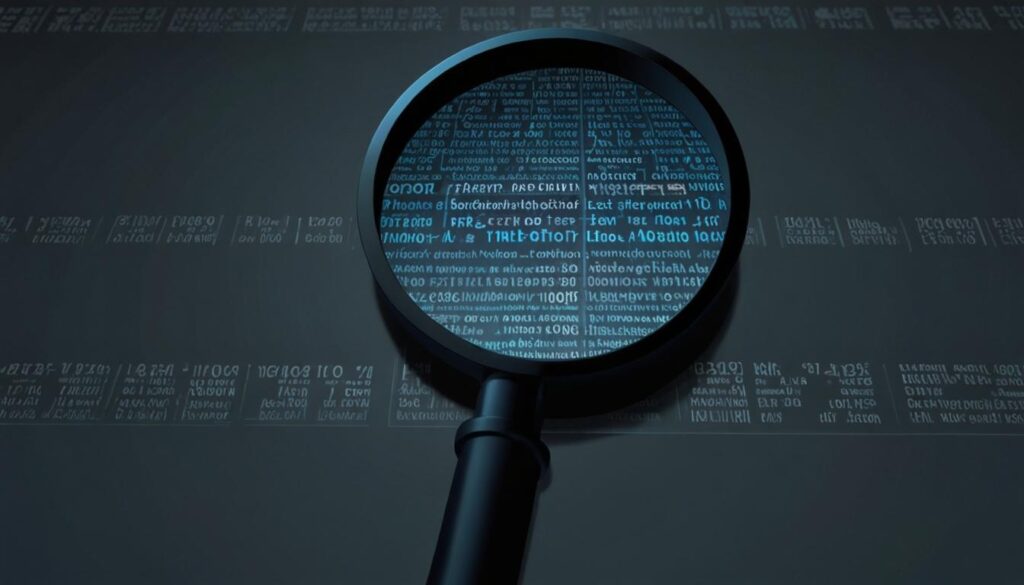The FBI collaborates with major social media platforms to fight against foreign disinformation ahead of the U.S. presidential election, while concerns rise over AI-generated misleading content.
FBI and Tech Giants Reunite to Combat Election Misinformation
Washington D.C. — The Federal Bureau of Investigation (F.B.I.) and other governmental agencies have quietly resumed their collaborative efforts with major social media companies, including Facebook, X (formerly Twitter), and YouTube, to counteract anticipated foreign disinformation and influence operations ahead of the U.S. presidential election in November. This resumed coordination came after a pause last year due to a legal challenge accusing the Biden administration of censorship, which was ultimately rejected by the U.S. Supreme Court in June.
The re-establishment of these contacts follows increased activities by Russia and Iran to interfere in the U.S. elections. Government officials have sounded alarms over covert influence campaigns spurred by intelligence shared between agencies and social media firms. This information aids in identifying and addressing threats before they can gain traction on these platforms.
AI and the Escalation of Fake Content on Social Media
In a parallel development, Elon Musk’s AI chatbot, Grok, developed by the artificial intelligence startup xAI, has introduced a new feature enabling users to generate AI-created images from textual prompts and post them to X. This move led to the immediate proliferation of misleading and manipulated images of political figures, including former President Donald Trump and Vice President Kamala Harris, provoking concerns about the potential for AI-enabled misinformation.
Tests with Grok revealed it can produce photorealistic and misleading images that could influence voter perception if misinterpreted. Although the tool is marketed as uncensored, it has some restrictions, such as the inability to generate nude images or endorse harmful stereotypes and misinformation. However, the enforcement of these restrictions appears inconsistent, as shown by the generation of at least one image featuring a political figure beside a hate speech symbol.
Musk recently touted Grok as “the most fun AI in the world” on X, even as concerns mount over the capability of generative AI to create a surge of false or misleading information during the election season. Comparatively, other AI companies, such as OpenAI, Meta, and Microsoft, have implemented measures to identify and flag AI-generated content.
Meta’s Struggle Against Coordinated Inauthentic Behaviour
Amid growing fears of online deception, Meta recently dismantled a network of accounts on its platforms promoting the fictitious political advocacy group Patriots Run Project. This group sought to recruit conservative candidates to run as independents and provided instructions on election campaigning. Meta attributes the operation to a U.S.-based entity known as the RT Group, which aimed to influence political discourse by criticizing both major political parties and offering conservative viewpoints.
David Agranovich, Meta’s global threat disruption director, emphasized that these campaigns commonly amplify messages from genuine individuals to exploit their following. The Patriots Run Project utilized multiple fake accounts that created localised content to appear more credible, spending approximately $50,000 on advertisements. Meta removed 16 Facebook pages, three Instagram pages, and numerous associated accounts and groups involved in the campaign. The operation also extended beyond digital realms, achieving offline impact by persuading some individuals to run for office.
Foreign Influence and Generative AI
The resurgence of foreign efforts, particularly from Russia and Iran, to sway U.S. elections continues to be a significant concern. Recently, the Trump campaign reported a hack resulting in the leak of sensitive documents. Meanwhile, the FBI is investigating Iranian hacking attempts targeting both Trump affiliates and Biden-Harris campaign advisers.
Meta has also noted a trend of foreign operatives leveraging generative AI to facilitate online deception, although these efforts have remained relatively unproductive so far. Nonetheless, the looming threat is palpable as AI tools can rapidly generate fake news stories, realistic images, and videos.
As Meta braces for intensified online deception efforts, especially against political candidates supportive of Ukraine, its defensive strategies focus on scrutinising account behaviour rather than the content itself. Collaboration with other tech firms, including X, is deemed essential, although challenges persist due to X’s recent reduction in trust and safety teams under Musk’s leadership.
Conclusion
The combined efforts of government agencies and social media platforms are critical as the U.S. heads towards its next presidential election. The stakes are high as both domestic and foreign actors ramp up efforts to manipulate public opinion through sophisticated technology and digital platforms. How these challenges are navigated will likely have a significant impact on the integrity of the electoral process.

